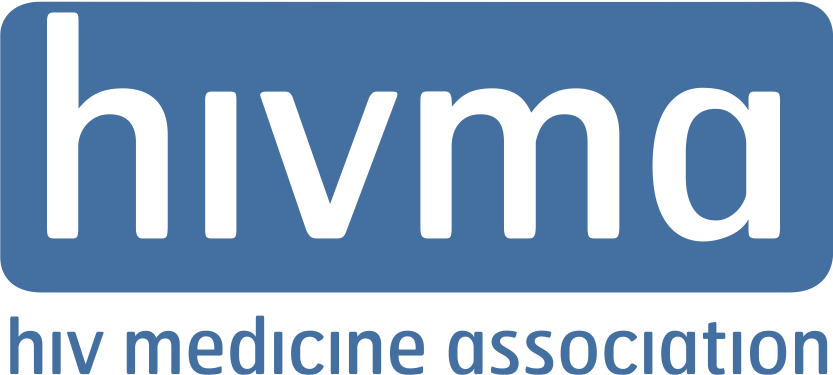IDSA and HIVMA Respond to New CDC Masking Guidance for Fully Vaccinated People
The U.S. Centers for Disease Control and Prevention recommendations that fully immunized people can resume most daily activities without masks or concern for physical distancing, except where required by laws and policies, reflect the remarkable protective benefit of COVID-19 vaccines. The recommendations represent an important step, signifying our capability to eventually end the pandemic. Rates of disease transmission and vaccine coverage, however, continue to vary widely across the country.
The CDC recommendations should not send the message that the pandemic is over. As organizations of infectious diseases and HIV physicians, scientists and other health care providers, we support the CDC recommendations, which are based on the latest scientific evidence. We also emphasize that the recommendations make no change to mask-wearing guidance in health care settings, schools and public high-traffic areas including airports, as well as on airplanes, buses and other forms of public transportation. Less than half of the U.S. population is fully immunized. Increased vaccinations will be necessary to control and finally end the pandemic.
The Infectious Diseases Society of America and its HIV Medicine Association urge businesses, communities and local governments to base decisions on mask-wearing and physical distancing requirements on local transmission and vaccination data, with attention to these considerations:
- Key considerations in local communities, settings and populations should include lower vaccine effectiveness in immunocompromised people, safety of individuals who cannot be vaccinated, including children under 12, risk of breakthrough infections in high-prevalence areas and potential for prolonged exposure in closed indoor settings with poor ventilation;
- Schools should maintain mask-wearing policies to protect children too young to be vaccinated;
- Additional guidance is needed to clarify safe interactions in public spaces and workplaces when vaccination status is unknown;
- Increasing vaccination access and uptake remain pivotal priorities. The new recommendations increase the importance of accelerated and innovative efforts to reach underserved populations with education to boost vaccine confidence and vaccination rates;
- Mitigation measures must remain data driven. When transmission rates are low and vaccination rates are high in a community, mitigation measures can be less stringent;
- If vaccination rates do not increase substantially and more dangerous variants continue to spread, transmission may increase, necessitating stricter masking and distancing policies;
- Continued vaccination nationwide remains essential to avoiding resurgence of the virus in the United States, and acceleration of vaccination worldwide is a humanitarian imperative in confronting the global pandemic;
- CDC communication and coordination with state and local health departments and clear, actionable messages to the public remain critical to safely relaxing mitigation measures.
Barbara D. Alexander, MD, MHS, FIDSA – President, Infectious Diseases Society of America
Rajesh T. Gandhi, MD, FIDSA – Chair, HIV Medicine Association


